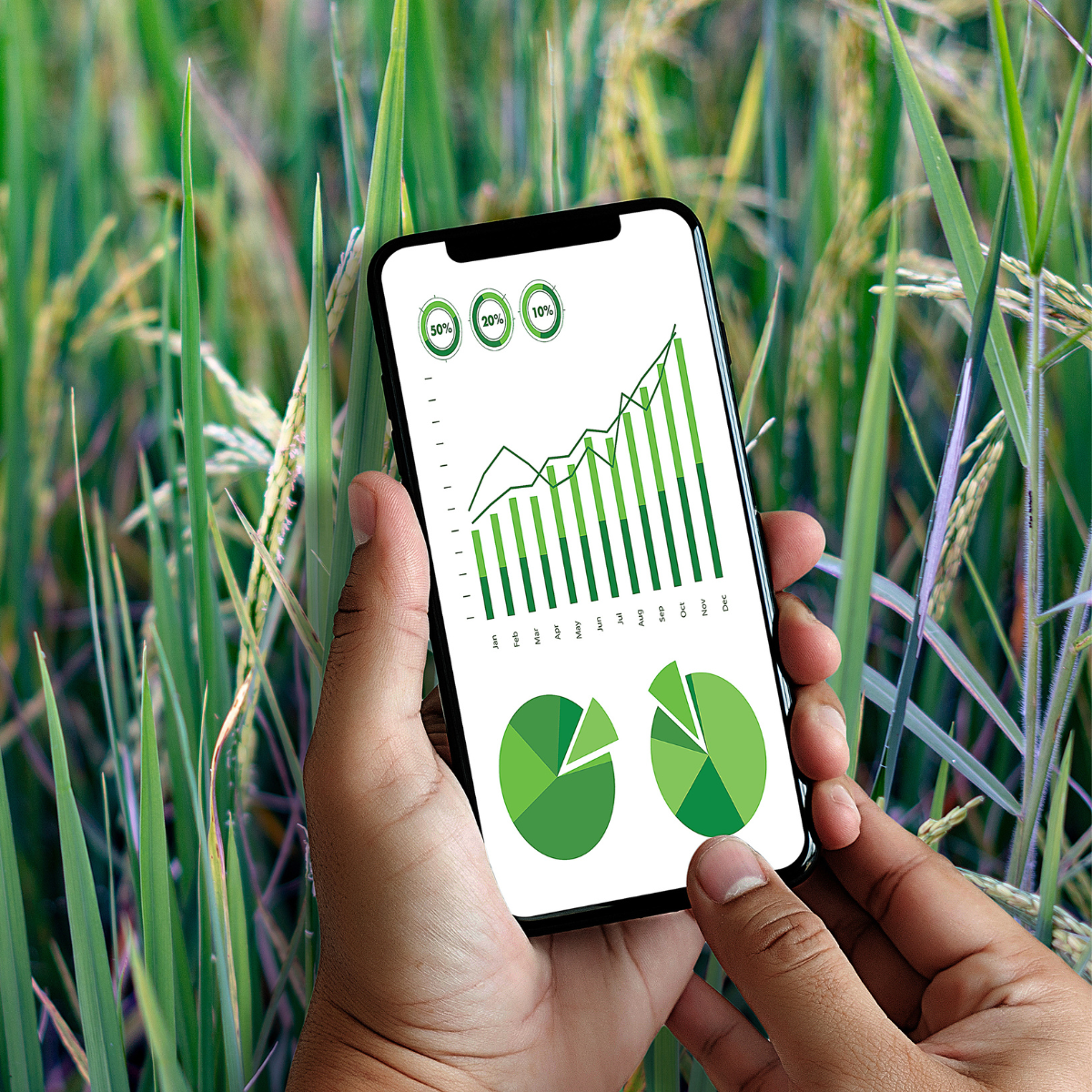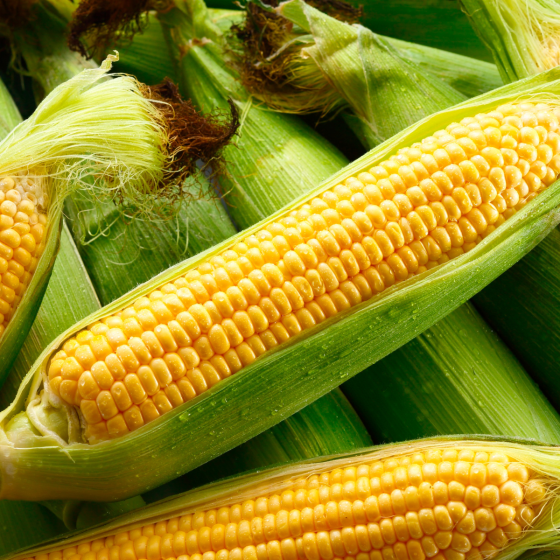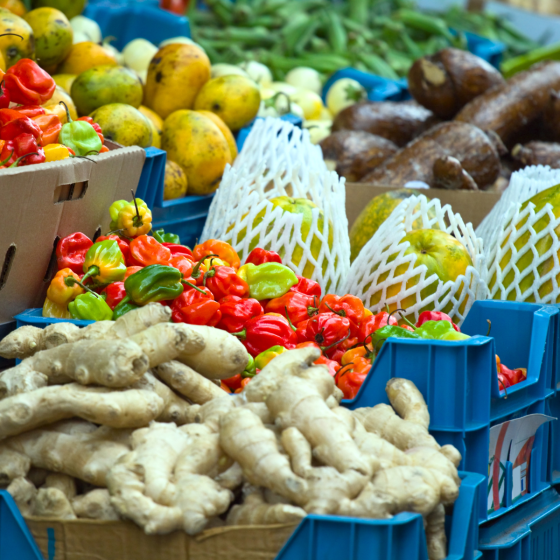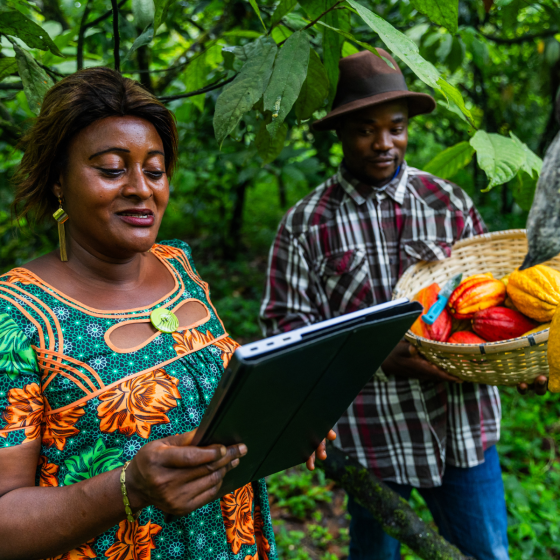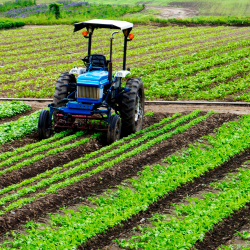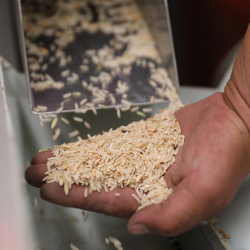Let’s be honest: farming in Nigeria today is not for the faint-hearted. Between land access constraints, inconsistent yields, rising input costs, financing gaps, erratic weather, devastating post-harvest losses, and market instability, it often feels like a miracle that food reaches our tables at all.
Yet, against all odds, it does, thanks to the relentless efforts of millions of smallholder farmers. But “doing the impossible” isn’t a strategy for national development. Not in a country of over 200 million people. What Nigeria needs now is structure, systems, tools, and integrated, tech-enabled solutions that guide and support farmers from the very beginning of the planting season to the final sale of produce. This isn’t about importing fancy gadgets. It’s about localizing innovation, building a coherent roadmap, and solving Nigeria’s agricultural challenges in a strategic and contextualized way.
Why End-to-End Matters
Agriculture isn’t a single event. It’s a complex chain—each link influencing the next. Too often, interventions only touch isolated segments: improved seeds here, market access there, and tractor leasing somewhere in between. But without integration, the cumulative value of continuity is lost.
Let’s examine the full value chain:
Input sourcing → Land preparation → Planting → Irrigation → Pest control → Harvesting → Storage → Transport → Processing → Sales.
Technology can be deployed at every stage, but the real impact lies in interconnected systems—tools that build on each other and simplify complexity. It’s time to deploy integrated innovation across the entire agricultural value chain. Let’s explore four key pillars where Nigeria can unlock value:
1. Inputs and Precision Farming: Turning Data into Yield
The Challenge: Nigerian farmers often lack accurate information, leading to inefficient input use, poor soil management, and heightened vulnerability to climate shocks.
Global Inspiration (India): CropIn, an Indian agri-tech firm, provides satellite-based and AI-powered farm management platforms, delivering precise field-level advice via mobile phones. Farmers receive real-time alerts on sowing windows, pest outbreaks, and nutrient needs.
Impact:
-
Up to 30% increase in yield.
-
Input cost savings exceeding 25%.
Policy Action Points:
-
Create a National Agri-Data Hub: Collaborate with NIMET and research institutions to gather and visualize weather, soil, and crop data. Open access data can empower local startups to build personalized advisory tools.
-
Drive Telco Partnerships: Enable SMS-based advisory services to reach even digitally-excluded farmers, while scaling apps for younger, tech-savvy entrants into agriculture.
-
Subsidize Smart Inputs: Launch pilot schemes offering IoT soil sensors and drone access through registered cooperatives, driving awareness and adoption.
2. Pest and Crop Management: Moving from Blanket to Targeted Intervention
The Challenge: Most Nigerian farmers apply herbicides and pesticides indiscriminately, wasting resources and harming the environment.
Global Inspiration (Australia): In sugarcane farms, AI-driven “see and spray” tech is revolutionizing weed management. Cameras detect weeds in real-time, and micro-doses of chemicals are sprayed only where needed.
Impact:
-
35–65% reduction in chemical use.
-
Over 50% drop in herbicide runoff into waterways.
-
Improved farmer margins through input cost reduction.
Policy Action Points:
-
Invest in Local AI R&D: Create grant programs to help Nigerian universities develop local datasets for maize, cassava, and sorghum weed mapping.
-
Build Drone-as-a-Service Regulations: Enable entrepreneurs to offer affordable drone spraying services by establishing clear, safety-focused regulatory frameworks.
-
Pilot Precision Services in Food Belts: Subsidize early trials with cooperatives to demonstrate effectiveness and catalyze adoption.
-
Shift Subsidies to Services: Replace product subsidies with credits redeemable for verified spraying services, ensuring environmental and health gains.
3. Post-Harvest Management: Closing the Cold Chain Gap
The Challenge: Over 40% of fresh produce in Nigeria is lost post-harvest due to lack of cold storage.
Local Inspiration (Nigeria): Figorr, a cold-chain tech company, offers real-time monitoring of perishable goods using IoT smart boxes. They provide low-cost, mobile cold storage adaptable to informal transport systems.
Impact:
-
Post-harvest losses reduced by over 50%.
-
Farmer income increased by up to 30% through improved price timing and reduced spoilage.
Policy Action Points:
-
Launch a Cold Chain Fund: Use PPP models to deploy off-grid cold storage hubs in key production areas.
-
Support Innovation Hubs: Offer seed funding and R&D grants to startups tackling infrastructure gaps in agriculture.
-
Incentivize Cold Chain Logistics: Tax breaks for logistics firms investing in refrigerated transport can scale capacity fast.
-
Strengthen Agri-Infrastructure: Link cold chain investment with rural road and market access projects for maximum impact.
4. Logistics and Market Access: Disintermediating the Value Chain
The Challenge: Farmers face a fragmented market system dominated by middlemen, poor pricing transparency, and inefficient logistics.
Global Inspiration (Kenya): Twiga Foods runs a B2B platform that aggregates produce from smallholders and delivers directly to retailers. Prices are transparent, payments are digital, and waste is minimized.
Impact:
-
Farmers earn up to 40% more.
-
Reduced spoilage due to demand-driven aggregation.
Policy Action Points:
-
Create a Regulatory Sandbox: Allow agri-fintech startups to test logistics, pricing, and payment innovations in low-risk zones.
-
Expand Rural Connectivity: Enable telecom companies to extend affordable broadband to farming communities with clear incentives.
-
Promote Farmer Literacy: Partner with NGOs and cooperatives to build digital and financial literacy for platform adoption.
Scaling What Works
The evidence is clear: technology works when paired with the right policy frameworks. Around the world, from Australia’s smart spraying to India’s digital extension and Kenya’s direct-to-market logistics, agriculture is being transformed. In Nigeria, we have local champions like Figorr proving that homegrown innovation is not only possible but profitable.
What we need now is intentionality. Agriculture must move from buzzwords to budget lines. From isolated projects to end-to-end systems. From chance to structure. From fragmentation to strategy. The future of food security in Nigeria depends not on heroic farmers alone, but on a bold ecosystem that supports them from seed to sale.

